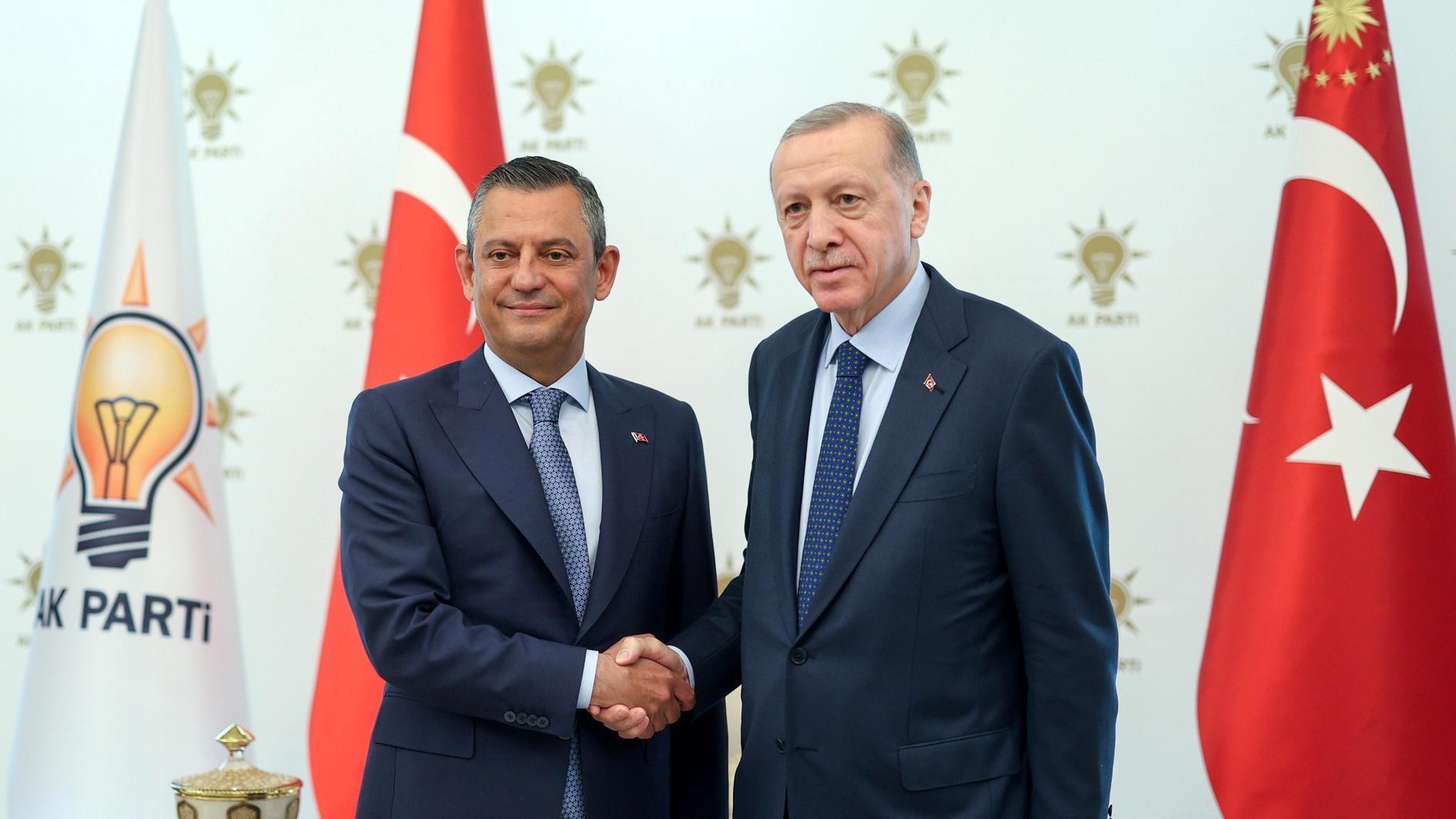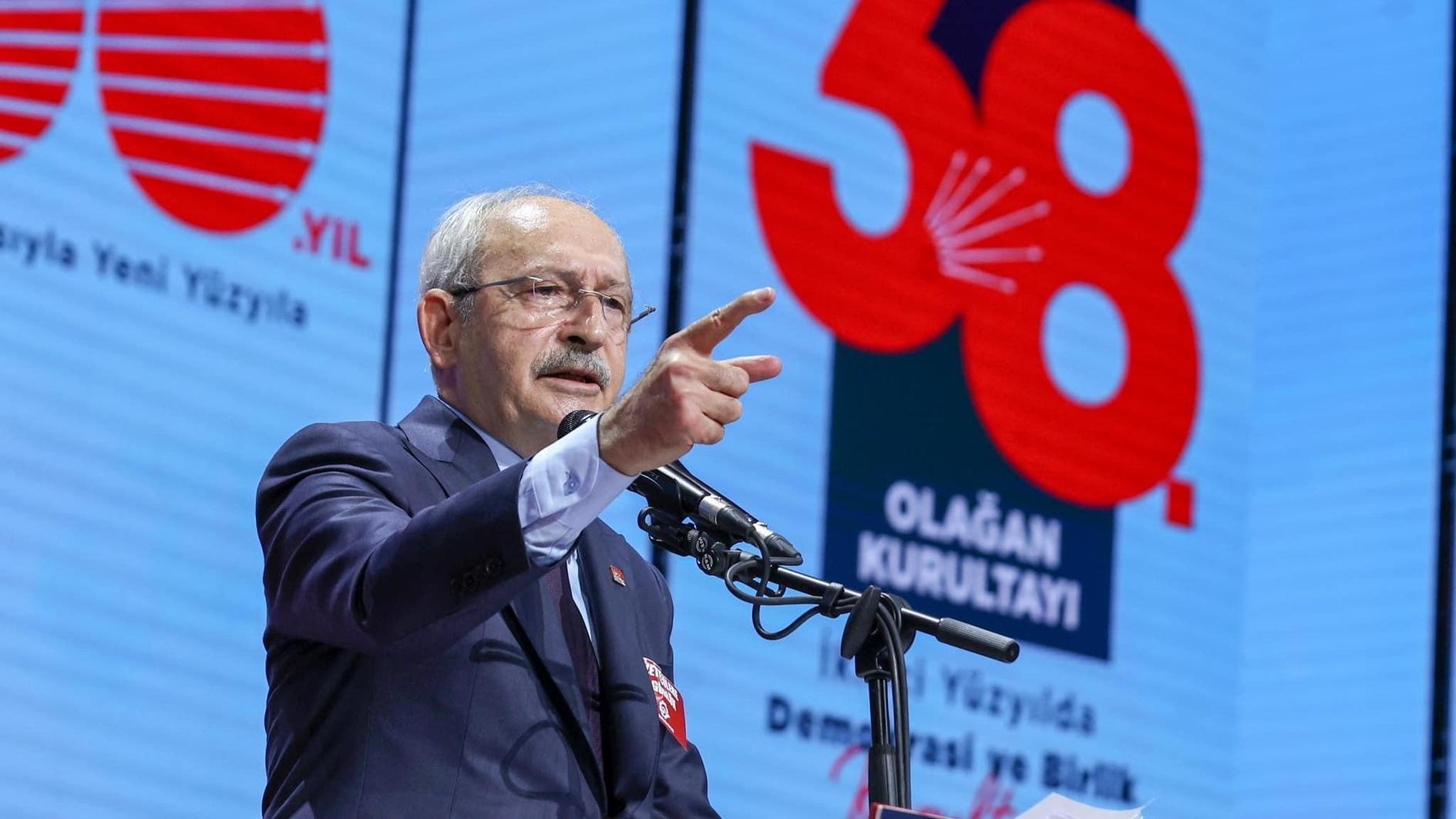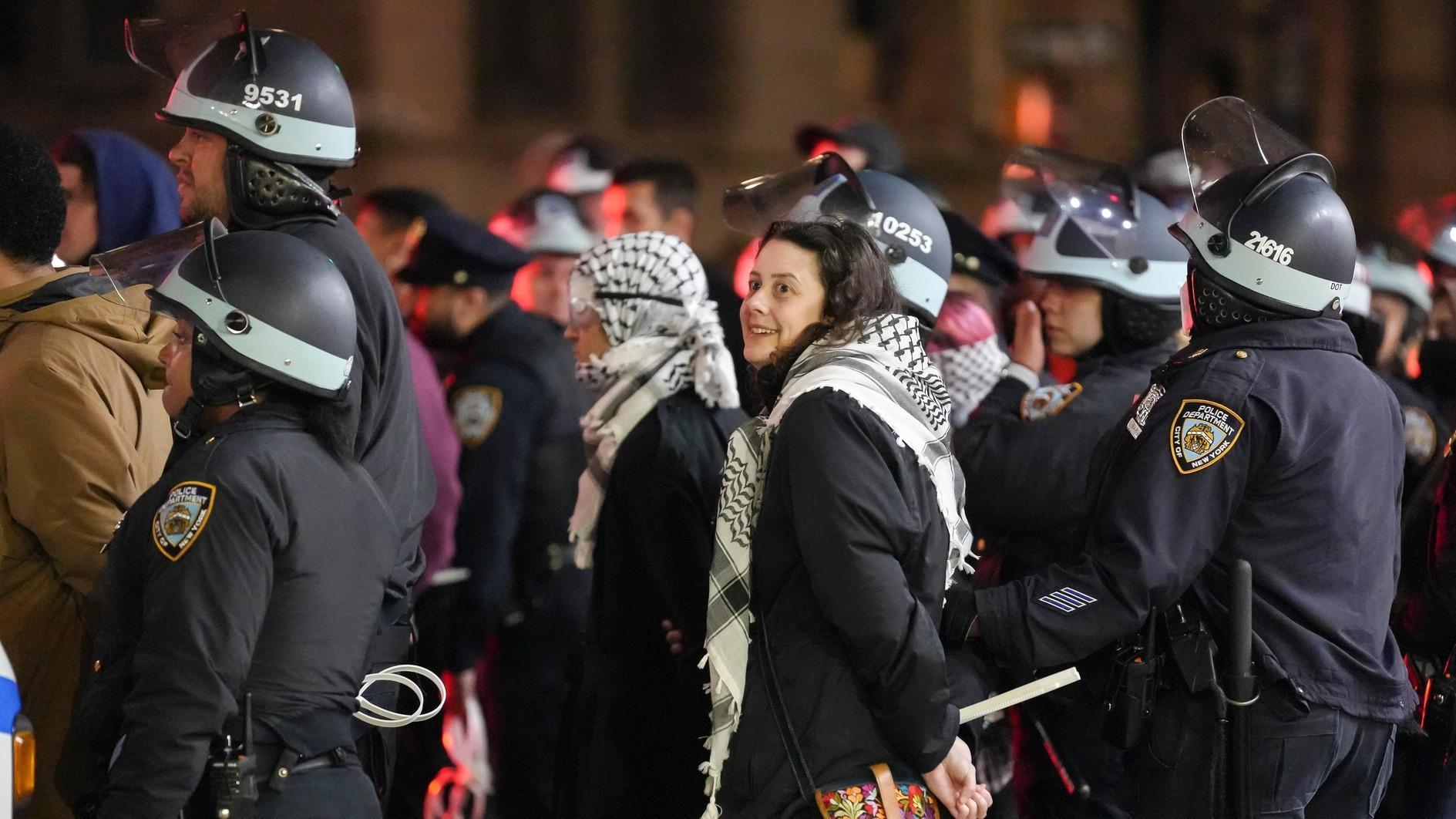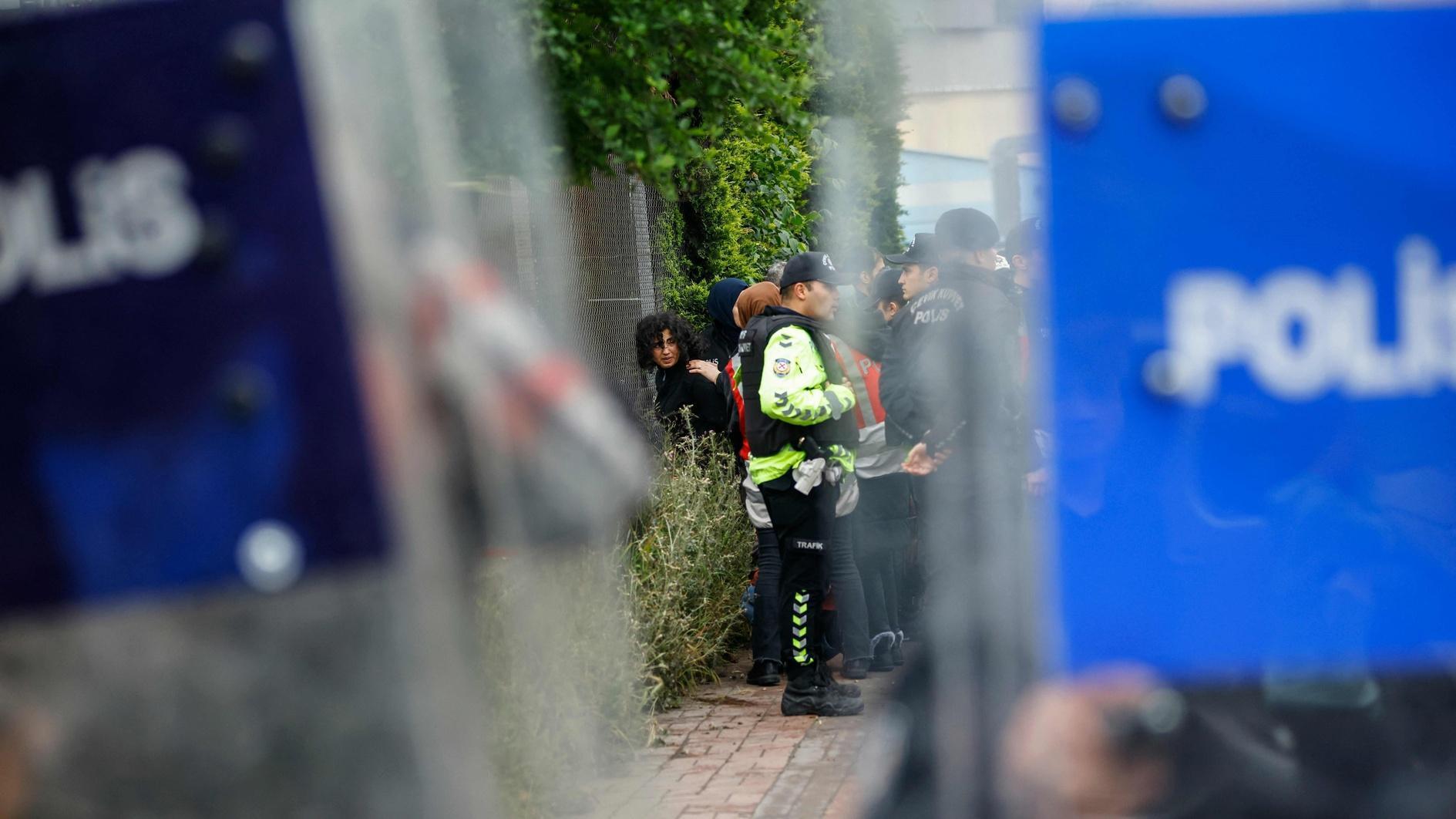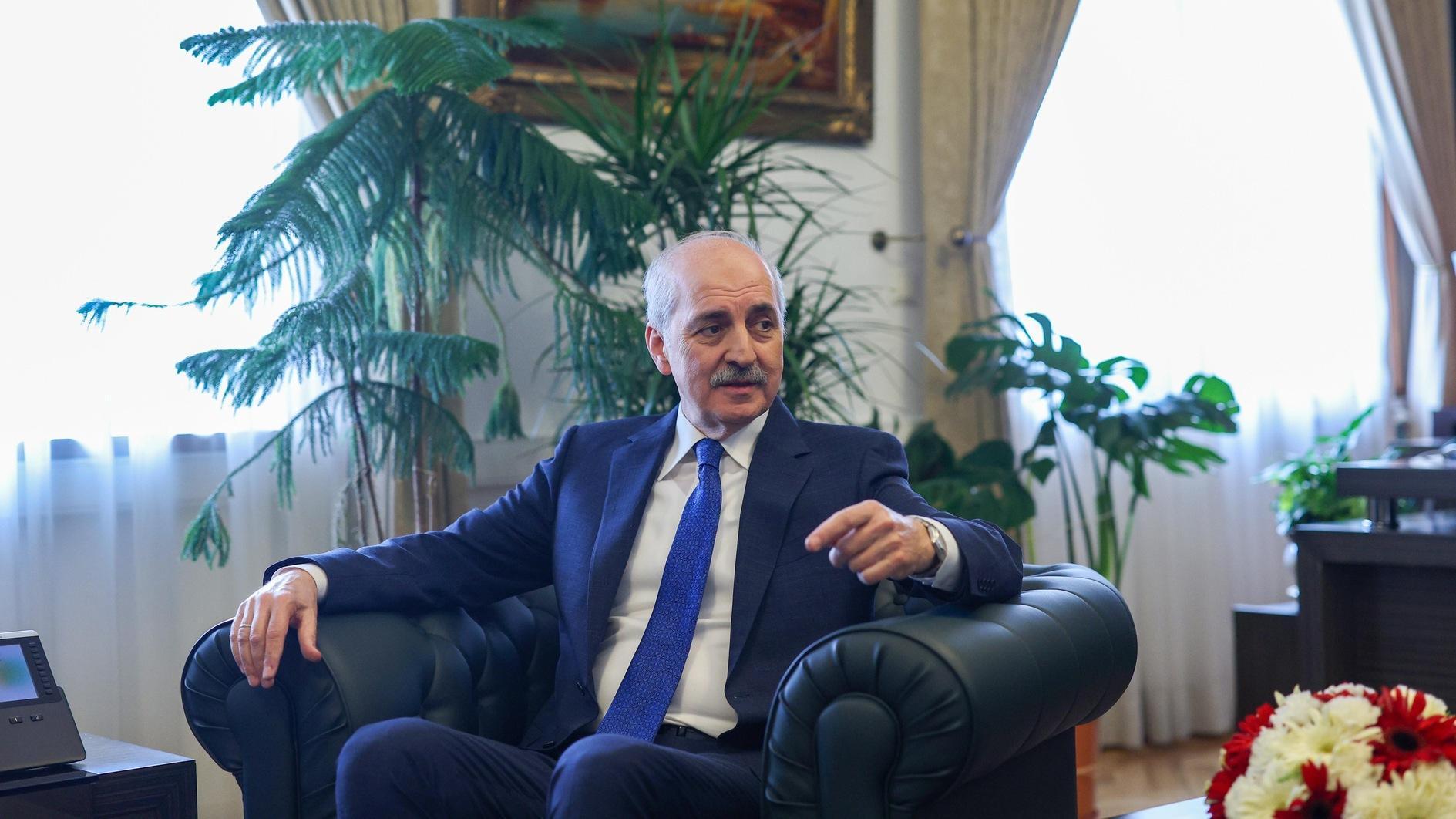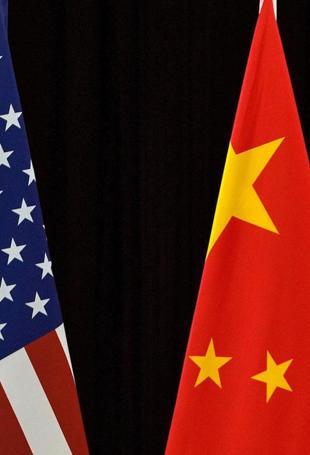The end of the beginning in the Kurdish Apertura
Remember the famous words of Winston Churchill right after the first victory against Nazi Germany in the 1942 Battle of Egypt at El Alamein? There was contentment in his voice at the Mansion House on Nov. 10, 1942, but he was also adamant in restraining his happiness. “This is not the end,” he said. “It is not even the beginning of the end, but it is, perhaps, the end of the beginning.” The military disengagement process that led to the withdrawal of Kurdistan Workers’ Party (PKK) armed elements from Turkey may just be the end of the beginning or perhaps the beginning of the beginning in the Kurdish Apertura, take two. It is definitely not the end itself.
The current military disengagement process is part and parcel of the confidence building measures needed to start the Kurdish Apertura itself. Public support for the process to end terror is around 60 percent for Turkey as a whole. This declines to 50-something percent when only the respondents defining themselves as Turks are considered. The support for the apertura among Turks declines further significantly when Abdullah Öcalan’s name is mentioned as a counterpart to the negotiation process. This indicates two things: First, it makes it clear that we are only at the beginning of the beginning, not even at the end of the beginning yet. Second, the government needs to launch a major public diplomacy campaign. Here, the regional “wise people” councils are trying to carve out a role for themselves. The public diplomacy effort so far has been rather clumsy, to say the least, and could do more harm than good. They need a fresh strategy.
The Kurdish Apertura is Turkey’s answer to the Arab transformations. Turkey does not have any ideological role in the Arab transformations, if you ask me. With the Shiites, there is always Iran to lead the process. When it comes to Sunni Muslims, there is Egypt, which granted, is looking inwards these days. Wahhabism and other shades of Salafism have their natural representatives in Saudi Arabia and Qatar. So pluralism or harmonious diversity is the only role left to Turkey. You can call this strand “secularism” or “democratic development.” That is what Prime Minister Recep Tayyip Erdoğan chose to emphasize on his Egypt visit more than a year ago. He noted that he is the devout Muslim prime minister of a secular country. No wonder Turkey is the only Muslim-majority country with a civil code in this region.
While the Arab transformations are getting messier, Turkey’s only message is democratic development. Turkey is like Wittgentein’s soil here. “My [read Turkey’s] originality is the originality of the soil, not the originality of the seed.”
The Kurdish Apertura is an inherent part of the democratic development agenda in Turkey. It will complete Turkey’s three-decade transformation process and prepare its soil, so that the country can finally bloom into a beacon of liberty and prosperity amid all this mess. The Kurdish Apertura is Turkey’s answer to the Arab transformations. What an answer!



